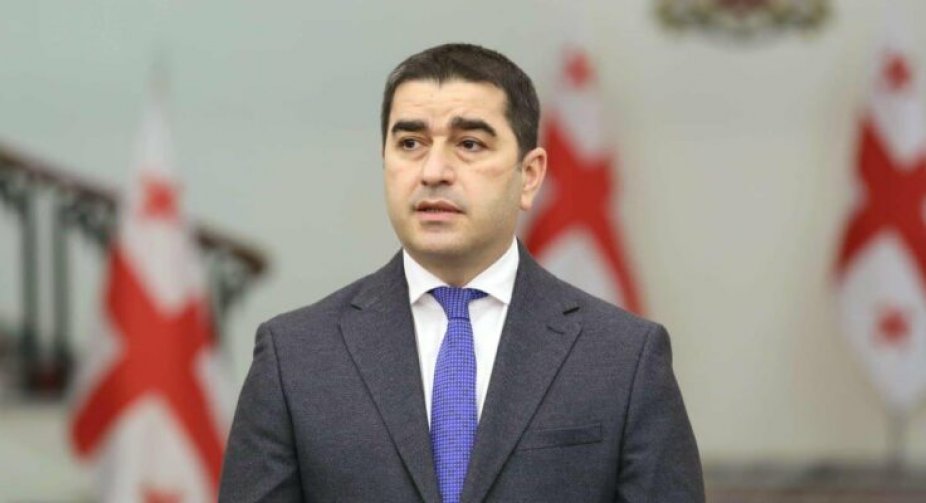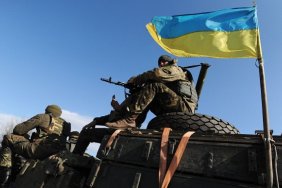The Speaker of the Parliament of Georgia, Shalva Papuashvili, said that he sees a prospect for the de-occupation of Georgia due to the fact that now the West "more soberly" perceives the threats coming from the Russian Federation.
He is quoted by "News-Georgia".
The speaker noted that Georgia has long talked about the risks to international security posed by Russia, but many politicians in the West did not believe in it.
When asked whether it is necessary to start a new discussion on the de-occupation of Georgia in connection with the development of events in Ukraine, Papuashvili said that now Europe and the collective West have become "more sober" and this gives hope to "put an end to the occupation."
"Now many foreign politicians regretfully talk about what the Georgian people have been talking about for years - about the risks posed by Russia from the point of view of world security and especially regional security. They did not believe in this until the risk approached the borders of Europe. It is good that now it is perceived from a different perspective," said Shalva Papuashlvili. In his opinion, the new awareness of these risks has opened up the prospect of EU membership for Georgia.
He noted that one of the goals of the Georgian authorities is to put an end to the occupation, and also, "for us and our Abkhaz and Ossetian sisters and brothers, to return each other."
"This is the policy that "Georgian Dream" has been pursuing for the past 10 years, and this is exactly what ensures peace in our country," the spokesman added.
According to the latest opinion polls in Georgia, 76% consider Russia a significant threat - slightly less than the maximum of 85% in March 2022.
58% of respondents blame Russia's war against Ukraine on the Russian Federation (which is less than in March - 67%), 18% - on Putin personally, 15% - on the USA, 11% - on Ukraine itself.

